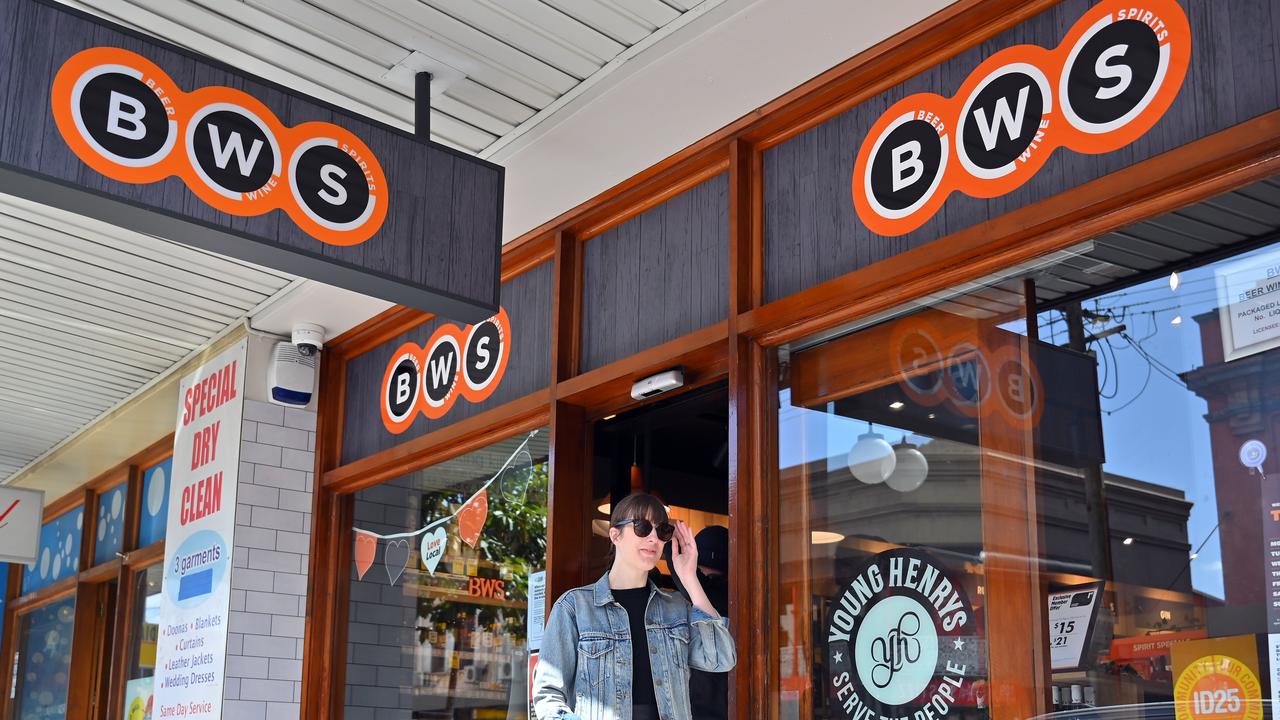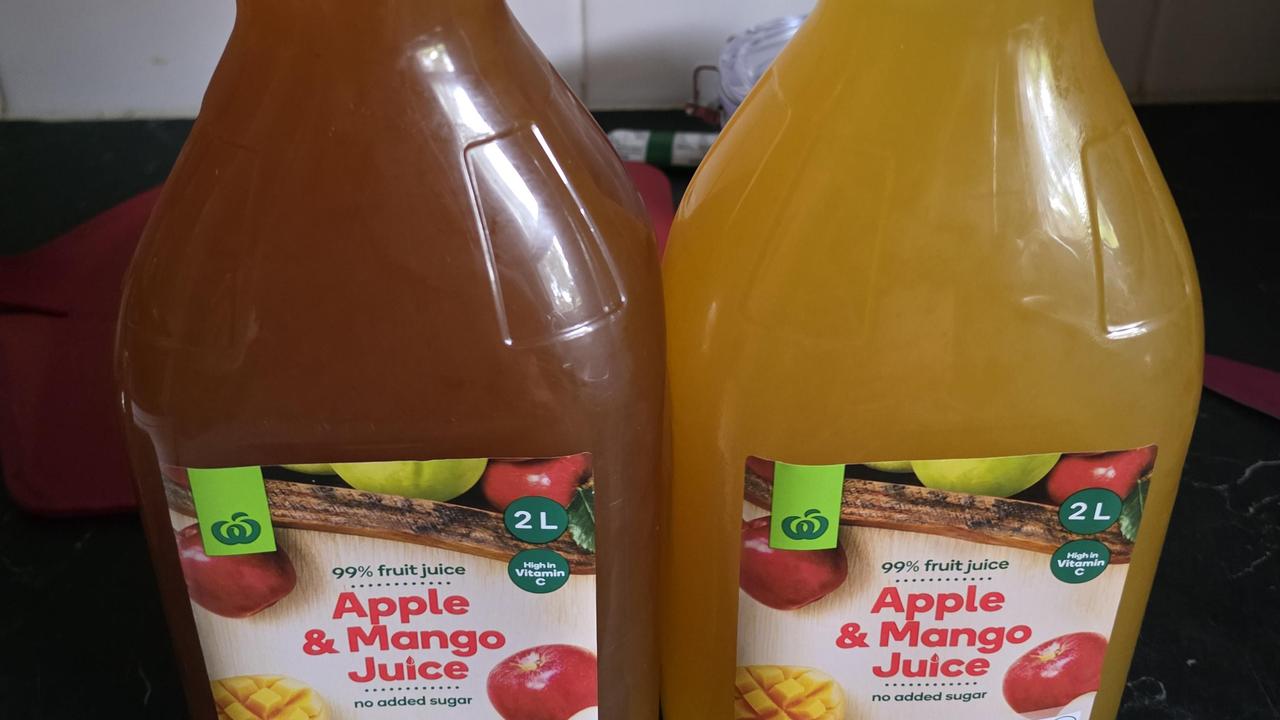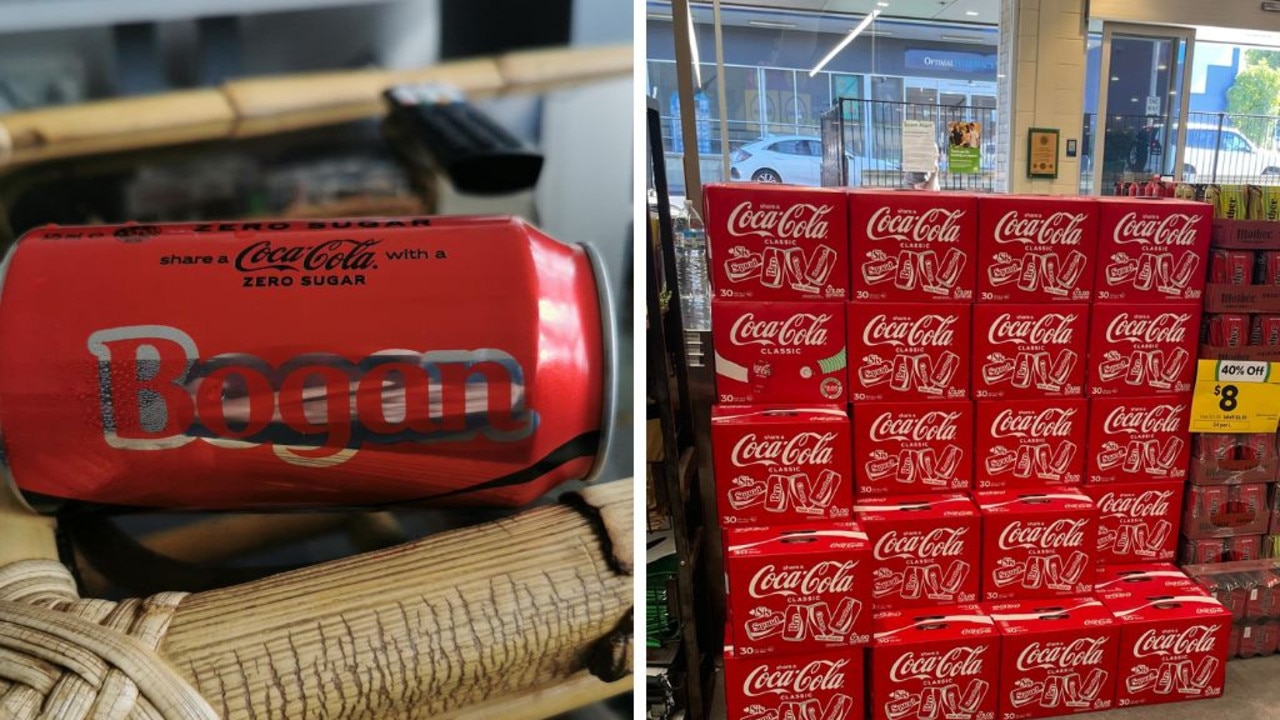NSW Government to allow bottle shops to open until 11pm
PEOPLE in NSW will be able to buy alcohol from bottle shops after 10pm from Friday, but health experts say it could lead to trouble.
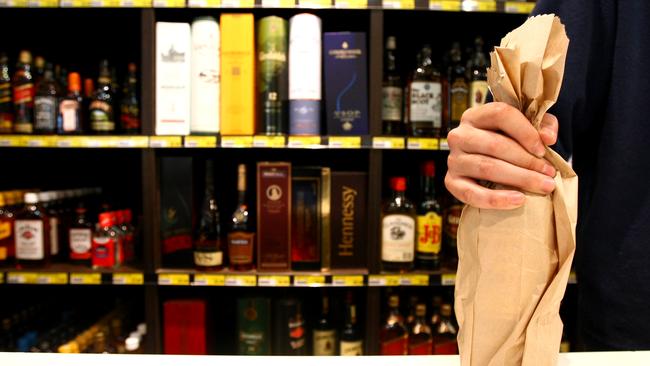
FOR some in NSW, it’s surely a Christmas miracle.
In what amounts to a tiny rolling back of the nanny state, bottle shops will be allowed to stay open until 11pm from Friday.
Victorians may be scratching their heads at what all the fuss is about. After all, in Melbourne you can buy a bottle of wine or a six pack at 3am should you wish to.
But north of the border it’s a different story with bottle shop sales only allowed up to 10pm.
However, on Wednesday, the government announced it was fast tracking some of the recommendations from a review into liquor regulation that weren’t expected to come into effect until next year.
“We have brought forward these reforms so communities and businesses across NSW can take advantage of later trading times during the busy summer holiday period,” Justice Minister Troy Grant said.

But public health advocates have not welcomed the move and warned greater access to takeaway alcohol will lead to domestic violence rates going up.
The government introduced the so called “lockout laws” in early 2014 following the deaths of teenagers Thomas Kelly and Daniel Christie who were fatally felled in one punch attacks.
The controversial reforms, which have undoubtedly reduced assaults but have been blamed for decimating Sydney’s night-life, mandate venues in the CBD and nearby Kings Cross to close by 3am with last entries at 1.30am.
Bottle shops statewide also had to close by 10pm.
The government set up the Callinan Review to test the impacts of the reforms. It recommended extending closing and lockout times by 30 minutes for venues providing live entertainment and extending bottle shop opening until 11pm.
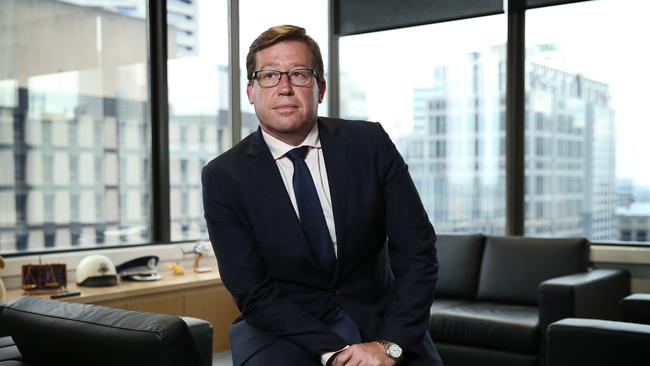
The changes were not due to come into effect until February but the government has pressed the button early on key reforms which also include raising the patron limit from 60 to 100 for small bars.
“The extension of takeaway alcohol sales from 10pm to 11pm will be closely monitored by Liquor and Gaming NSW and evaluated annually,” said Mr Grant.
Bottle shops will continue to have to shut at 10pm on Sundays.
However Sydney’s St Vincent’s Hospital, which lies between Darlinghurst and Kings Cross — two of the city’s biggest entertainment districts — has expressed concerns at extending liquor store hours.
Since the restrictions came into force, the hospital said it has seen a “dramatic and positive difference” in rates of alcohol related harm.
“Extending the hours when alcohol can be purchased increases the number and severity of alcohol-related problems. Conversely, a reduction in these hours can contribute to a decrease in these same problems,” Associate Professor Nadine Ezard, director of St Vincent’s Alcohol and Drug Services, said last week.

“There is a weight of evidence linking store-bought alcohol with alcohol-related violence. We hope it’s not the case but we are concerned that relaxing the bottle shop closing times creates a greater risk of alcohol-related violence — particularly family violence.”
The government has also brought forward changes to venue opening times but not until the New Year. Some pubs and bars in the central Sydney may be able to trade until 3.30am from mid January.
“Liquor and Gaming NSW is working with the industry on how venues will be able to seek exemptions to extend lockout times from 1.30am to 2am and last drinks from 3am to 3.30am,” Mr Grant said.
“Venues will be able to start applying by the end of the year, with exemptions to be granted from 16 January 2017.”


